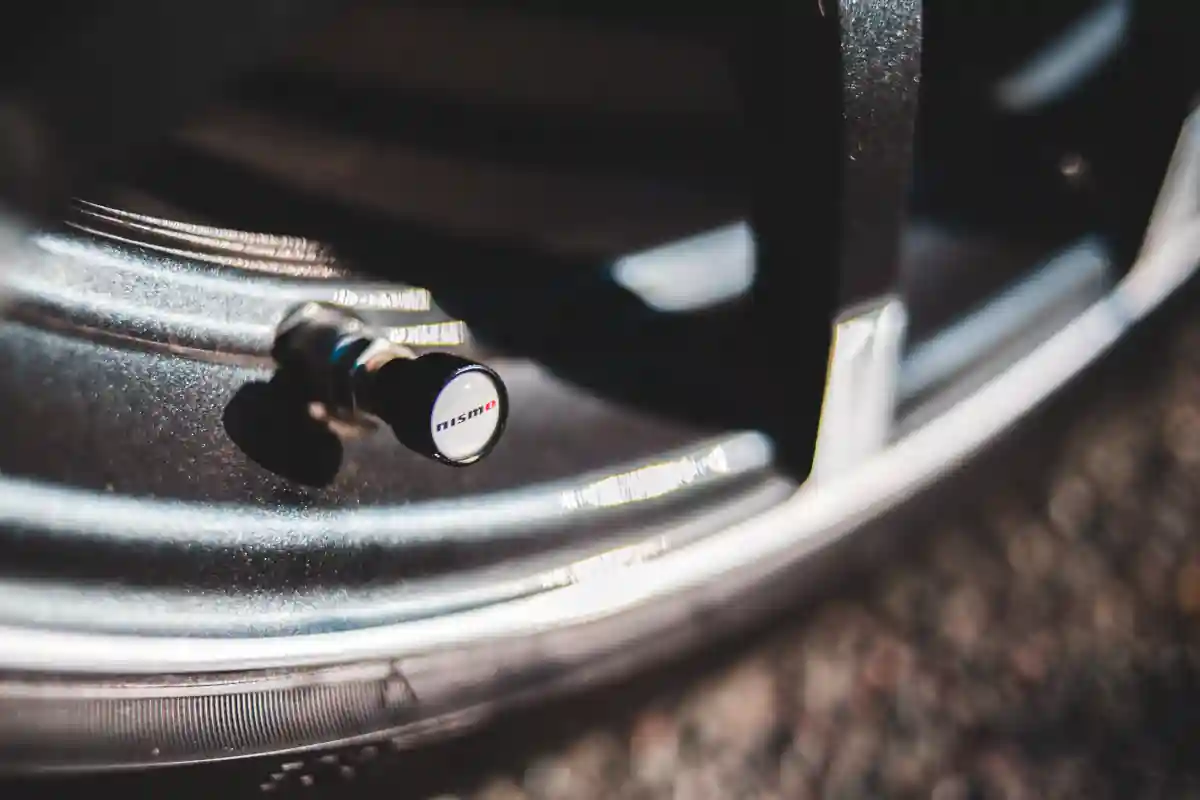Some of the most useful devices that most cars have today are the sensors that are located inside the tires and connected to the wheels of your car.
These sensors form part of what we call a tire pressure monitoring system or TPMS, which not only makes use of sensors but also special valve stems that are connected to the sensors. The valve stems serve a specific purpose that allows the entire TPMS.
How long do TPMS valve stems last?
TPMS valve stems can easily last for 6 to 10 years. In the same way, the battery on the TPMS sensor will last for about 6 to 10 years as well. That means that you will have to replace your valve stems together with the entire sensor depending on which between the two lasts longer.

The TPMS sensors are pretty long-lasting and can last for a decade, give or take.
In the same way, your TPMS valve stems should last just as long as well but it has been a practice to replace the valve stems whenever you change your tires.
As such, there are some TPMS valve stems that don’t even get to live out their entire lifespan especially when the driver frequently changes tires.
How long do TPMS valve stems last?
In today’s more modern world, more and more cars you see on the road are equipped with a tire pressure monitoring system or TPMS.
And this is not merely a passing fad because it is very important to make sure that you have a system that is capable of monitoring your tire pressure really well.
That’s because you need to be sure that your tires have enough air pressure every single time you drive.
You don’t want to end up driving with a flat tire because this can be the cause of an accident that can potentially affect not just you but a lot of other people as well.
After all, you can easily lose control over your car when you are driving at high speeds on the freeway and one of your tires is flat or suddenly blows out. As such, something as useful as the TPMS can be a lifesaver.
So, the “Direct TPMS” basically works by using sensors that are individually attached to the wheels of your car. These sensors directly measure the air pressure of the tires because of how they are in direct contact with them.
Of course, the way TPMS sensors work also involves using valve stems that are different from the normal valve stems of most cars because the valve stems also play a role in measuring the air pressure. As such, you cannot use normal valve stems on a TPMS because the valve stems of a TPMS measure the air pressure in the tires.
That said, now that you know that the valve stems of a TPMS are very important when it comes to the TPMS, how long do these TPMS valve stem last?
For the most part, one of the things that you should know about valve stems is that these are exposed to the regular wear and tear of usage but are actually more prone to getting damaged compared to some of the other components of your vehicle.
That’s because the valve stems are on the tires themselves and can easily get damaged by weather conditions, rough roads, and debris.
Nevertheless, regular rubber valve stems are actually quite durable and may last for about 6 to 10 years. Meanwhile, because TPMS valve stems are made of metals like brass, copper, or aluminum, which are all more durable than rubber, it is safe to say that they can last as long as regular valve stems and may even be more than that.
Then again, there are some things to consider here.
The first thing you need to know is that your TPMS relies a lot on the battery of the individual sensors because all of the sensors run on their own battery and not on the battery of your car.
That means that your sensors will lose their functionality the moment their battery loses juice. And the unfortunate part here is that you cannot replace the battery of a TPMS sensor because of how you actually need to replace the entire sensor.
Now, most TPMS sensor batteries can last somewhere between 6 to 10 years. The older ones can last for about 6 or 7 years while newer ones can reasonably last for 10 or more years, give or take.
So, that means that you may have to replace your sensors somewhere between 6 to 10 years. But what does that have to do with a TPMS valve stem?
Well, for starters, when you replace your TPMS sensors, it is always recommended that you also change the TPMS valve stems.
That’s because you want to make sure that the valve stems are in great working condition especially considering that these components are important to how the entire TPMS works.
As such, even though you may have valve stems that can reasonably go for over 10 years, you will have to tie their lifespan together with your TPMS sensors, which can also have a 10-year lifespan.
So, even if your valve stems are still fine, it is better to replace them once you do replace your sensors so that the entire system is fresh and new.
How to test the TPMS sensor battery?
Now that you know that your TPMS valve stems rely heavily on the TPMS sensor batteries in terms of longevity because you have to replace the valve stems when it is time to replace the sensors, how would you even know that your TPMS sensor batteries are still good? Is there a good way for you to check the batteries on your TPMS sensors?
If you want to know if your batteries are still good or if they are beginning to die out, here are some of the symptoms you need to look at:
- When your engine control unit (ECU) starts to miss a few sensor transmissions such as when the monitor on your dashboard may sometimes not show the transmissions coming from your sensors, then it might be safe to assume that the batteries are beginning to go bad. In some cases, it could only mean that the TPMS or the sensors are damaged or have some issues but, in a lot of cases, that could mean that the battery is already dying out.
- There are some systems that will actually inform the driver that the batteries on the sensors are dying out. This can come in the form of a blinking light found on your dash board. In most cases, the light can blink for an extended period of time but it should last for about a minute and a half depending on the TPMS that you have.
- Some other signs of a bad TPMS sensor battery can include things like your engine surging suddenly or when there is a low battery voltage in the sensors themselves. Nevertheless, once your sensors are nearing a decade old, that is when you should now begin to be wary about the batteries in the TPMS sensors.
Can you reuse TPMS valve stems?
When you are changing your TPMS sensors or even the tires and you are now planning on reusing the sensors on the new tires, can you still reuse the same TPMS valve stems that you previously used?
The truth is that there is nothing that is stopping you from reusing your TPMS valve stems regardless of whether you may be using new TPMS sensors or changing to new tires. This may be the case for those who are probably on a tight budget and can’t afford new TPMS valve stems.
However, any mechanic or expert out there will always recommend that you change your TPMS valve stems every time you change your sensors or change your tires to new ones. It isn’t required for you to do so but it is highly recommended that you do.
The reason why you should not reuse your old TPMS valve stems is that valve stems undergo a lot of wear and tear due to how exposed they are to multiple factors that can easily damage or wear them out.
So, even if your valve stems are comparatively new and have only been around for a few years, it still is better to replace them with new ones when you do change your TPMS sensors or if you go and get new tires.
That’s because you want your valve stems to be in great working condition as much as possible especially when you consider how exposed these components are.
And you don’t even have to worry too much about the expenses because TPMS valve stems are actually pretty affordable when you compare them to other car components. A four-piece pack would probably cause under $20 depending on where you get it from.
Source
Homex.com: How long do TPMS valve stems last?



